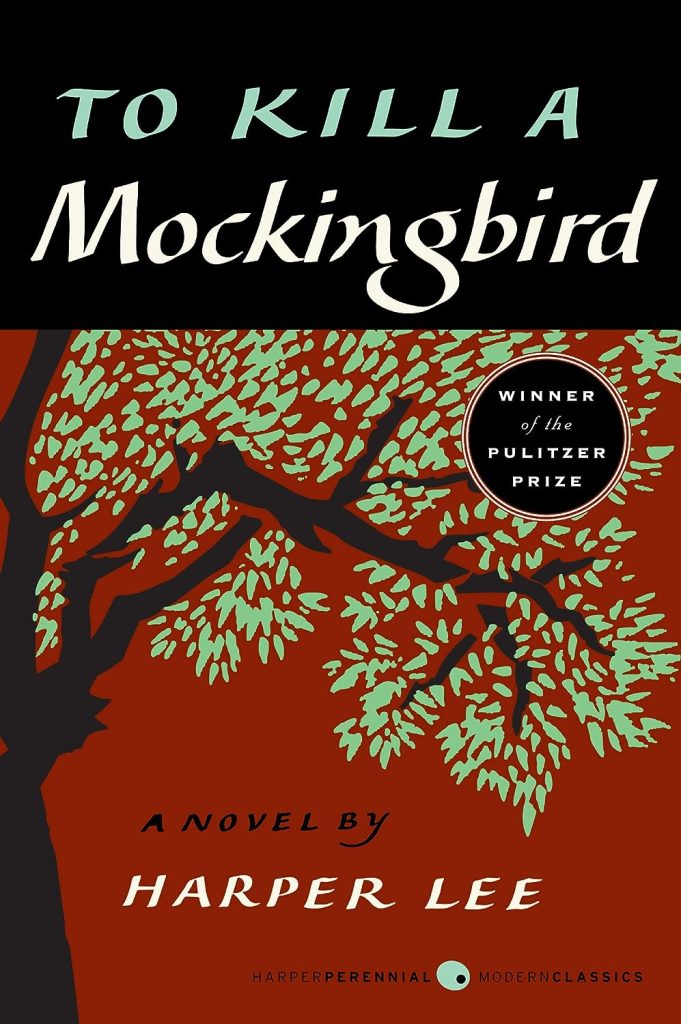In this edition, we explore the social themes in the novel “To Kill a Mockingbird”, by American novelist Harper Lee.
“To Kill a Mockingbird”, by Harper Lee, is a timeless piece that continues to captivate readers with its portrayal of racial injustice, moral growth, and the complexities of human nature. Set in the fictional town of Maycomb, Alabama, during the 1930s, and exploring various social themes, the novel follows the journey of Scout Finch, a young girl growing up amidst the backdrop of deep-seated racism and prejudice.
Social Injustice
The narrative unfolds through the eyes of Scout, providing readers with a child’s innocent yet perceptive perspective on the events that unfold around her. Central to the story is the trial of Tom Robinson, a black man falsely accused of raping a white woman. Through the trial, Lee exposes the ugly reality of racial bias and the systemic injustice prevalent in the southern United States during that era.
Empathy
One of the novel’s most significant themes is the exploration of empathy and compassion. Atticus Finch, Scout’s father and a principled lawyer, emerges as a beacon of morality and integrity as he defends Tom Robinson despite knowing the daunting odds stacked against them. Atticus’s unwavering commitment to justice serves as a guiding light for Scout and her brother Jem, imparting invaluable lessons about empathy, tolerance, and standing up for what is right.
Prejudice
“To Kill a Mockingbird” also explores the intricacies of social class and the importance of perspective. Through characters like Boo Radley, the reclusive neighbor rumored to be a malevolent figure, Lee challenges the reader’s preconceptions and encourages empathy for those who are marginalized or misunderstood.

Vulnerability and Humanity
The metaphor of the mockingbird serves as a powerful symbol throughout the novel, representing innocence and the inherent goodness of humanity. Atticus’s admonition to “shoot all the blue jays you want, if you can hit ’em, but remember it’s a sin to kill a mockingbird” underscores the theme of empathy and the moral obligation to protect the vulnerable and innocent.
“To Kill a Mockingbird” stands as a timeless classic that continues to resonate with readers of all ages and backgrounds. Through its exploration of various social themes such as racial injustice and the power of empathy, the novel continues to be as relevant and compelling today as it was upon its initial publication. And with its universal appeal, “To Kill a Mockingbird” remains essential reading for anyone seeking to understand the complexities of humans and society.
Read more editions of Beyond the Cover as we delve deeper into the intriguing context of another renowned book.



